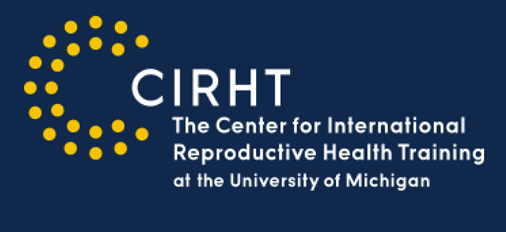Speaker
Description
Background
In sub-Saharan Africa, only 21.9% of women of reproductive age use modern contraception, compared to over 50% in high-income countries. Maternal mortality remains a critical public health concern in Cameroon, with a rate of 406 deaths per 100,000 live births according to the 2018 Cameroon demographic and health survey, largely driven by low modern contraceptive uptake (14.1%). Barriers such as cost, misinformation, cultural resistance, and limited access to services contribute to this gap. Amid increasing smartphone penetration in the region, mobile health solutions offer promising avenues for improving contraceptive knowledge, access, and adherence. This study aimed to explore the perceptions and needs of potential mobile health solutions users in order to inform the designing of a context-appropriate mobile application prototype to support contraceptive practice at the Yaounde Central Hospital.
Methods
This was a qualitative study with a two-phase approach. The first phase involved a situational analysis through participatory observation of contraceptive care delivery processes. In the second phase, semi-structured interviews were conducted with six healthcare providers (gynecologists and midwives) and eight postpartum or post-abortum clients attending the Yaounde Central Hospital. Data were analyzed using thematic coding techniques.
Results
The analysis revealed a predominantly paper-based contraceptive service delivery system, hindered by frequent stockouts, especially for oral contraceptive pills and implants. Providers highlighted challenges such as supply chain issues, limited spousal involvement, and widespread myths about side effects. They called for awareness campaigns targeting men, consistent supply chains, and digital tools to enhance patient education.
Clients expressed interest in mobile app features such as appointment reminders, culturally tailored educational materials, and personalized menstrual cycle tracking. While most recognized potential usefulness of a mobile app, concerns were raised about data privacy, the importance of offline access, and the risk of users becoming overly dependent on digital tools without fully understanding their reproductive health.
Conclusion
This study highlights the complex challenges related to contraceptive uptake in Cameroon and suggest avenues for developing a mobile application adapted to local needs. An effective prototype should include personalized cycle tracking, interactive educational content, appointment management, and mechanisms to involve male partners while safeguarding user privacy. However, digital solutions must complement, not replace, interpersonal care and address accessibility issues. Future development should prioritize co-design with end users and rigorous evaluation of the application’s impact on contraceptive adherence and informed decision-making.


